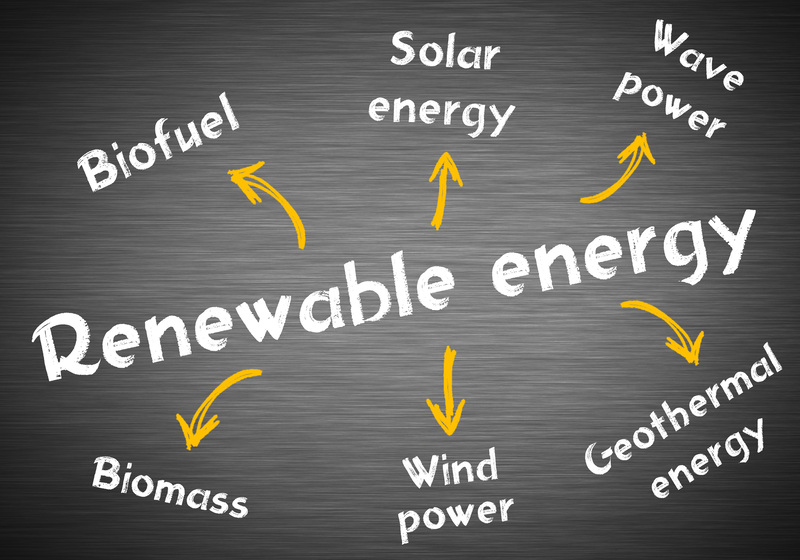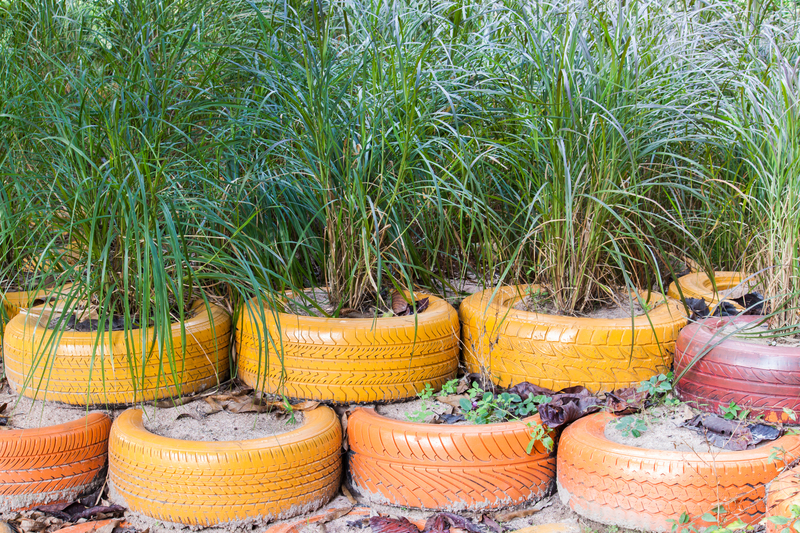How Glass Recycling Supports Communities
Glass recycling plays a crucial role in fostering sustainable communities. By incorporating a circular economy model, communities can benefit environmentally, economically, and socially. This article delves into how glass recycling supports communities, the process of recycling glass, and its numerous advantages.
Understanding Glass Recycling
Glass recycling is the process of reusing and repurposing waste glass to produce new glass products. It is a straightforward process, yet its impacts resonate significantly within communities. As one of the few materials that can be recycled infinitely without loss of quality or purity, glass makes an excellent candidate for closed-loop recycling systems.
The Glass Recycling Process
- Collection: Used glass containers are collected from residents and businesses or taken to recycling centers.
- Sorting: The glass is sorted by color and type to prevent contamination.
- Cleaning: Contaminants and impurities such as metals and labels are removed.
- Crushing and Melting: The clean, sorted glass is crushed into cullet and melted to produce new glass products.
- Manufacturing: The molten glass is molded into new containers or products such as bottles, jars, or fiberglass.

Environmental Benefits of Glass Recycling
One of the most remarkable ways glass recycling supports communities is through its positive impact on the environment. Here are some key environmental advantages:
Conservation of Natural Resources
Producing glass from recycled materials requires significantly fewer raw materials such as sand, soda ash, and limestone. This conservation reduces the depletion of natural resources and decreases the environmental impact of extraction processes.
Energy Savings
Recycling glass consumes substantially less energy compared to producing new glass from raw materials. The energy saved from recycling glass contributes to energy efficiency and lowers greenhouse gas emissions, playing a substantial role in combating climate change.
Reduced Landfill Space
Glass waste occupies a considerable amount of landfill space. By recycling glass, communities can significantly reduce landfill use, prolong their operational lifespan, and lessen the overall environmental footprint.
Economic Benefits for Communities
Beyond environmental advantages, glass recycling provides several economic benefits that help strengthen communities:
Job Creation
Glass recycling supports a range of jobs across collection, sorting, processing, and manufacturing. These employment opportunities can help reduce local unemployment rates and boost the economy.
Cost Savings
Recycling programs can lead to significant cost savings for municipal waste management systems. By diverting glass from landfills and incinerators, communities can reduce the costs associated with landfill operation and waste disposal.
Local Economic Growth
Recycling plants and facilities spur local economic growth by providing stable jobs, supporting local businesses, and encouraging related industries such as manufacturing and transportation.
Social Benefits of Glass Recycling
Glass recycling also supports communities through its various social advantages:
Community Engagement
Recycling initiatives often encourage community involvement and education. Schools, businesses, and local governments can collaborate to promote recycling and sustainability goals, fostering a sense of community and shared responsibility.
Improved Quality of Life
Cleaner environments and reduced waste contribute to a higher quality of life for community members. Less litter, improved air quality, and attractive surroundings can enhance property values and create a healthier living environment.
Educational Opportunities
Recycling programs provide educational opportunities that teach students and community members about environmental sustainability, resource conservation, and the importance of recycling efforts. This education can help cultivate environmental awareness and inspire future generations to prioritize sustainability.

Challenges and Solutions in Glass Recycling
While glass recycling offers numerous benefits, there are challenges that communities must address:
Contamination
Contamination is a significant challenge, as mixed materials can lower the quality of recycled glass. Communities can implement more comprehensive sorting and education programs to minimize contamination rates.
Transportation Costs
Transporting recycled glass to processing facilities can be costly. Developing local recycling infrastructure and optimizing logistics can help alleviate transportation expenses and streamline the process.
Public Awareness
Awareness of the importance of recycling is crucial for maximizing participation. Community programs and campaigns can emphasize the benefits of glass recycling and how individuals can contribute to the effort.
Conclusion
Glass recycling plays an essential role in supporting and sustaining communities through environmental, economic, and social benefits. By investing in recycling programs and overcoming existing challenges, communities can enhance their well-being, support local economies, and pave the way for a more sustainable future.
With continued efforts, glass recycling can be a powerful tool for building better communities and promoting a cleaner, more sustainable world for generations to come.